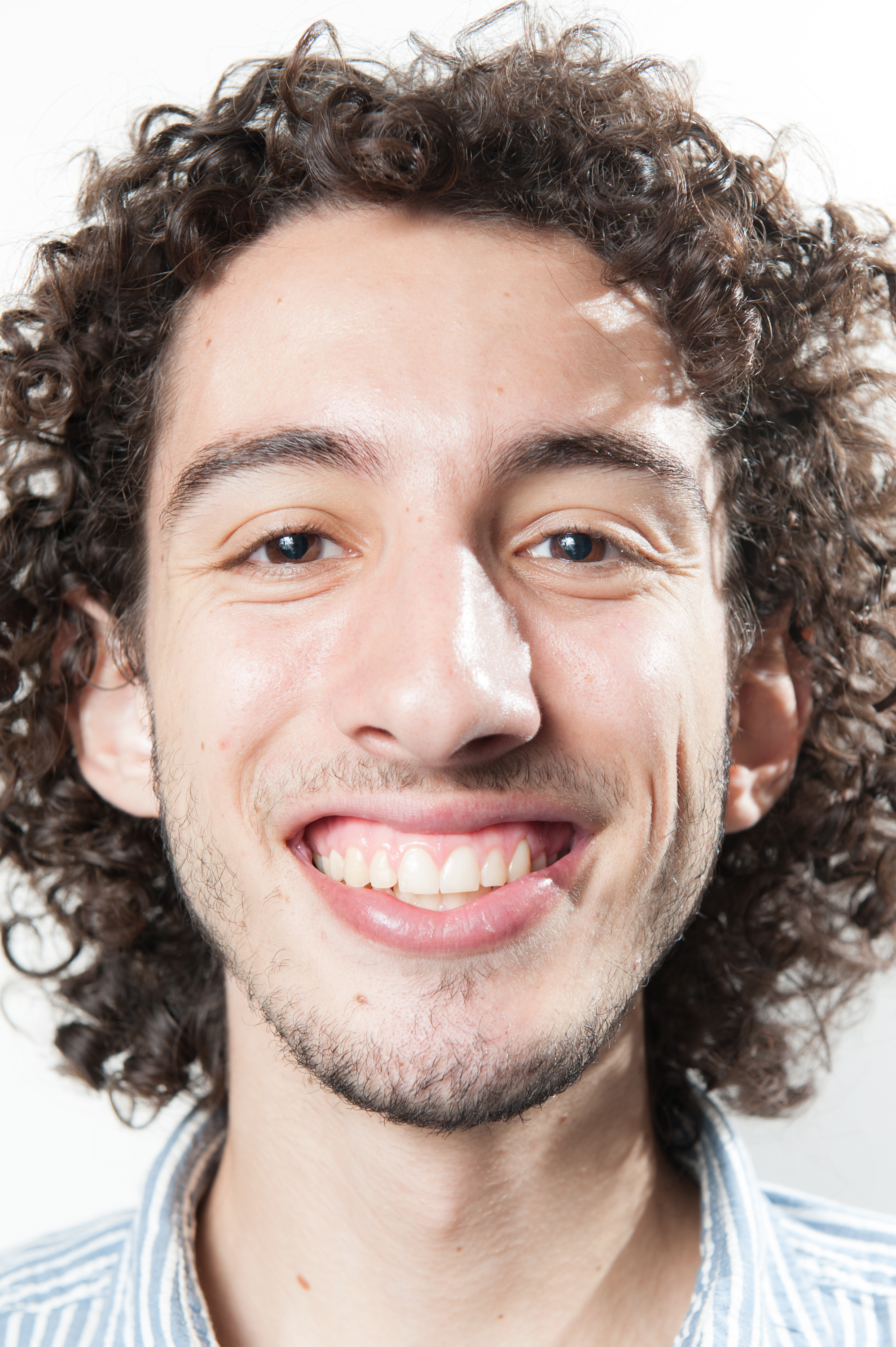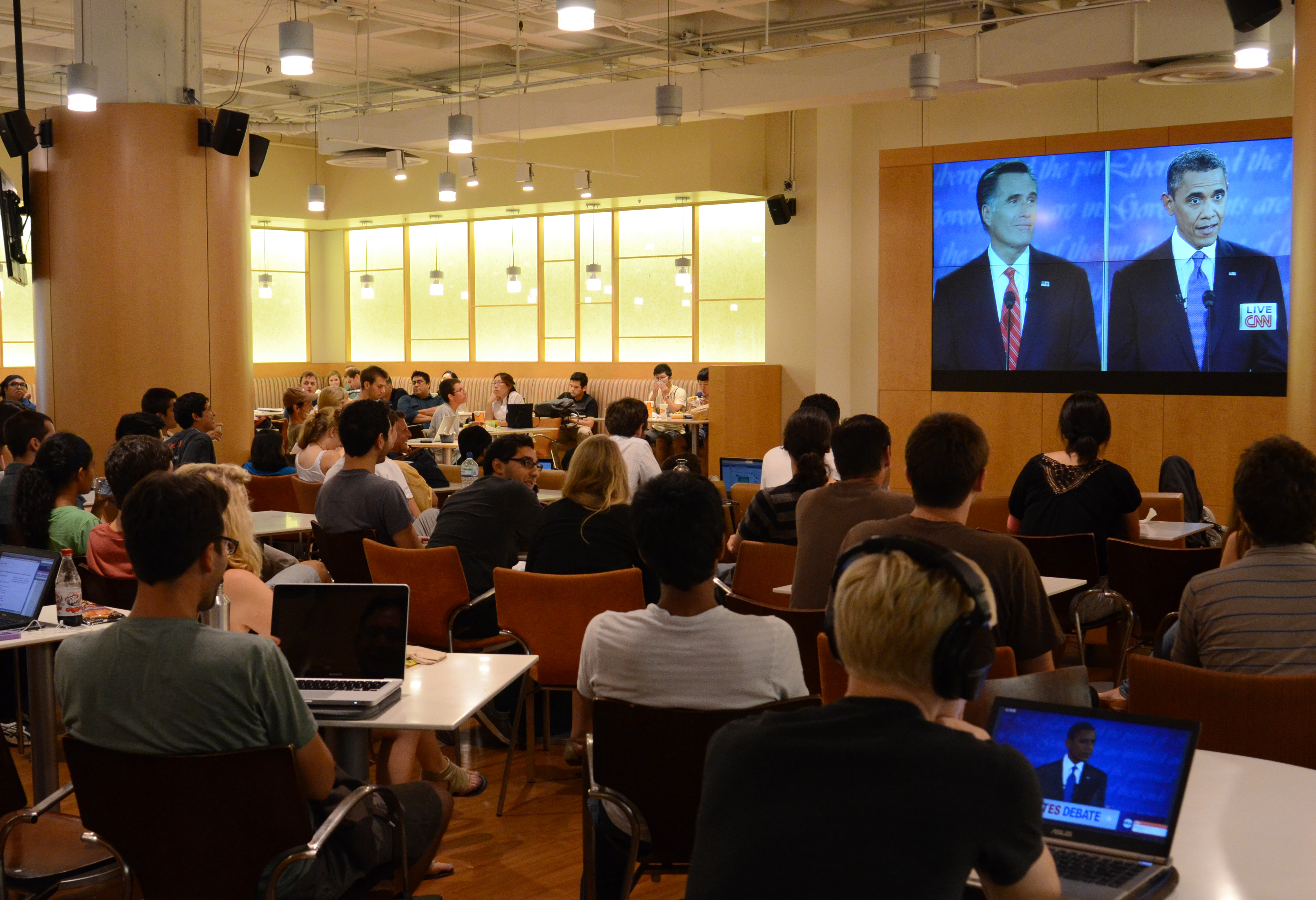
Eitan Arom
The words “young” and “conservative” are all but mutually exclusive in today’s political milieu.
This very paradox prompted the oft-quoted aphorism, “Show me a young conservative and I’ll show you someone with no heart. Show me an old liberal and I’ll show you someone with no brains.”
A recent poll conducted by the Daily Bruin and the UCLA Department of Statistics, which surveyed a sample of 569 students, revealed the extent of the liberal tilt on this campus.
Among the students who responded to the Bruin’s email questionnaire, only 15 percent are planning to vote for Mitt Romney.
Even in a state where, according to an aggregation of four prominent polls, President Barack Obama has a 14-point lead on his Republican opponent, UCLA’s number for Romney is surprisingly low.
The survey suggests a noticeable divide between liberals and conservatives on campus that raises the question of whether UCLA is missing out on an even-handed political discussion.
According to the same Daily Bruin poll, among students who plan to vote for Obama, only 5 percent are against his immigration policy and zero percent oppose his education policy.
Given that little dissension toward Obama’s policies is coming from among his supporters, and conservatives are too few and far between to provide significant criticism, liberal views would seem to go unchallenged on campus.
Of course, that a university community is predominantly liberal should not surprise anybody.
It is widely held that youth tend to be relatively progressive in their social beliefs, which are often best represented in a liberal political ideology.
Political issues that attract fierce debate on the national level ““ same-sex marriage, climate change, marijuana legalization ““ are far less contentious among our cohort of voters.
Additionally, that fewer than one-fifth of UCLA students support Romney could imply that his social positions are driving young people away from the Republican platform, even if they might agree with the conservative platform when it comes to fiscal or foreign policy issues.
Certainly, groups representing the conservative end of the political spectrum face a tough crowd at UCLA.
Students are generally not receptive to the message of groups like the Bruin Republicans, said Jake Akers, a second-year history student and executive board member.
There are many possible and even probable culprits for the one-sided conversation on campus.
Conservatives might be quick to point out that the humanities and social sciences are overwhelmingly liberal.
Indeed, a 2004 study of academics in six different disciplines found that those who reported voting Democratic outnumbered their Republican counterparts by a factor of 10.
On the other hand, a selection bias may be at play.
A recent study by M. Kent Jennings and Laura Stoker, political scientists at UC Santa Barbara and Berkeley, respectively, suggests that liberal-minded young adults are simply more likely to go to college than conservatives, which spikes the numbers in their favor.
These two factors are certainly compelling, but don’t seem to be of sufficient magnitude to explain the uneven split at UCLA.
That disparity would appear to be the result of some intrinsic feature of college students ““ namely, that college students largely align with the broad-minded social platforms of the Democratic party.
Conservative perspectives on less marketable issues like mortgage readjustment tend to be excluded from the conversation on college campuses.
“Republican students are focused on less exciting, less sexy issues,” said Shawn Lewis, a fourth-year political science student at UC Berkeley who was president of the Berkeley College Republicans for the last two years.
Lewis’ story about conservatism on an overwhelmingly liberal campus is similar to the one that Akers tells.
“When you tell people you’re a young Republican, the first reaction isn’t so much hostility, it’s really confusion,” Lewis said. “Most (young) people don’t understand conservatives.”
However, both Lewis and Akers said their groups, rather than following any single party line, are ideologically diverse.
For that reason, arbitrarily excluding any opinion on campus that coincides with a Republican ticket means missing out on a gamut of valid political viewpoints.
In many minds, for example, libertarian and fiscally conservative viewpoints are subsumed under the general category of Republican backwardness and thus rejected with little consideration.
It is a feature of the American political scene that reactionary social policy is wedded to fiscal prudence, but that need not be the case at UCLA.
To the great disadvantage of political diversity on campus, the words “college conservative” are increasingly oxymoronic.
If UCLA is to enjoy a constructive and complete political discussion, students would be well-served by keeping an open mind to beliefs and viewpoints typically written off as conservative nonsense.
Email Arom at darom@media.ucla.edu. Send general comments to opinion@media.ucla.edu or tweet us @DBOpinion.
